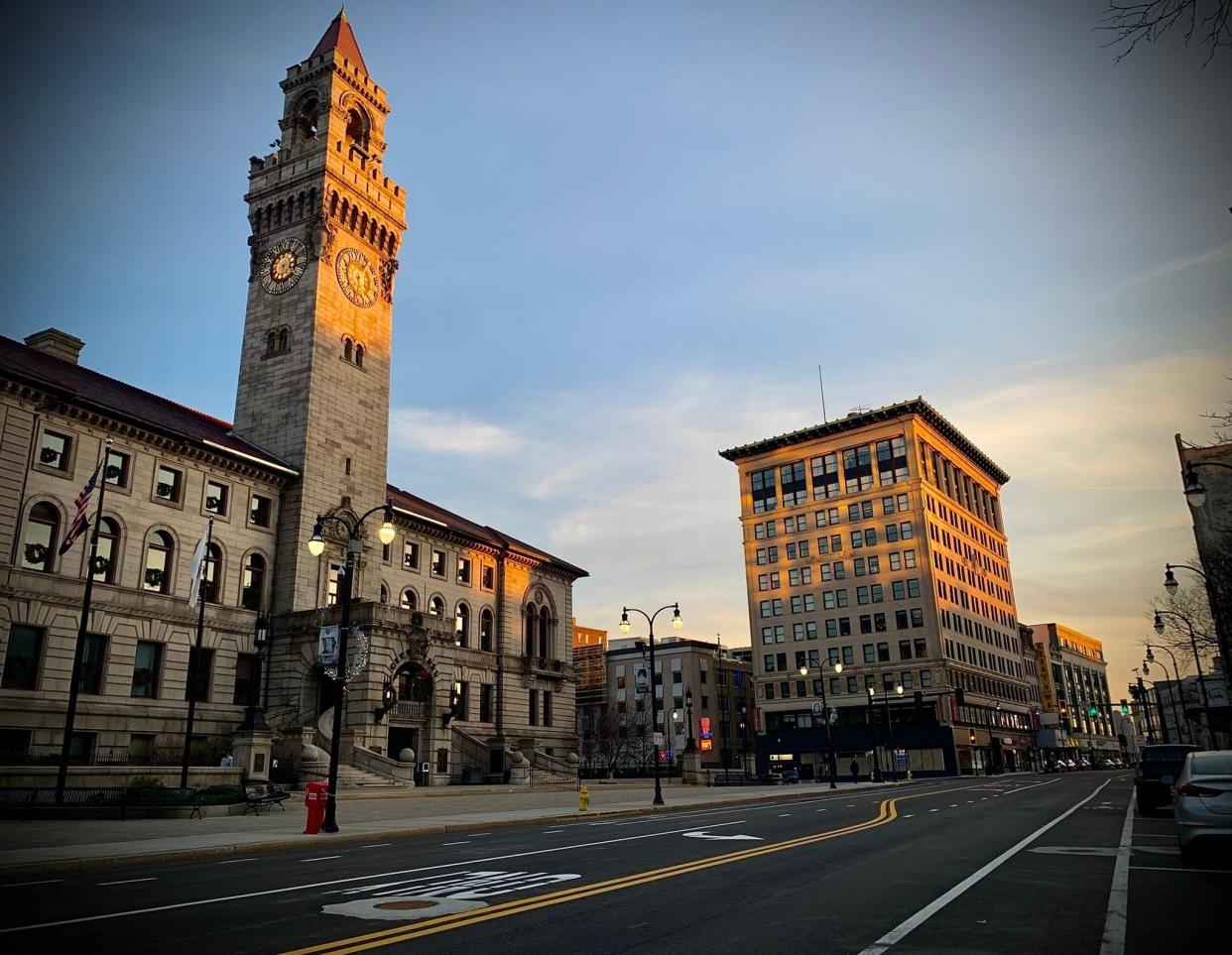Here's what another legal opinion says about Worcester's anti-abortion clinic ordinances

WORCESTER — The city has received a legal opinion from a pro-abortion rights legal organization arguing that one of its draft ordinances for regulating clinics that advise against abortion could be constitutional.
The city received the legal opinion dated Saturday from Stephanie Toti, senior counsel and project director from the Lawyering Project.
Toti described the Lawyering Project as "a legal advocacy organization that works to promote reproductive health, rights and justice throughout the United States."
In September, the City Council voted 7-4 to seek second legal opinions on the ordinances from experts in "reproductive justice." The ordinance requested at least two additional opinions.
The City Council paused consideration of the ordinances Sept. 19 with the understanding that they would resume discussions after the opinions were delivered.
A July 2022 6-5 City Council vote ordered the city solicitor and administration to develop a draft ordinance regulating the advertising practices of these clinics; the two draft ordinances were delivered to City Council ahead of an August meeting.
Councilor-at-Large Thu Nguyen's initial order requested that Worcester join Somerville and Cambridge in ensuring that any clinic providing services for people who believe they might be pregnant must either directly provide abortions or emergency contraception or provide referrals.
City Solicitor Michael Traynor and City Manager Eric D. Batista expressed strong reservations about the constitutionality of the requested ordinance, but Nguyen and other councilors requested the administration return the ordinance for reconsideration.
Traynor drafted two ordinances: One that follows ordinances in Somerville and Cambridge and another that would require all pregnancy services centers to list whether they are a licensed medical facility and list the services provided.
Michael Traynor and Batista strongly recommended against the adoption of either ordinance.
Nguyen posted Toti's opinion on social media Tuesday.
A spokesperson for the city confirmed the city received the opinion Saturday night and that it would be submitted to the City Council at its Oct. 17 meeting.
In her opinion, Toti disagrees with Traynor's conclusion of the constitutionality of the draft ordinance regulating the advertising practices of anti-abortion clinics.
Toti wrote that the language of that draft ordinance is nearly identical to a San Francisco ordinance prohibiting deceptive advertising practices of similar centers.
She wrote the constitutionality of that ordinance was upheld by the U.S. Court of Appeals for the Ninth Circuit in 2018's First Resort, Inc. v. Herrera and that the ordinance did not amount to viewpoint discrimination.
Toti disagreed with the city solicitor's assessment that the Worcester ordinance is "unconstitutionally underinclusive and selective in its application." She wrote the Supreme Court has explained that the First Amendment does not impose a free-standing underinclusiveness limitation in prior cases so governments do not need to address all aspects of a problem in one piece of legislation.
To illustrate the finding, Toti cited 2014's McCullen v. Coakley, which was a challenge to Massachusetts' buffer zone statute for abortion clinics. The ruling found the buffer zone was content and viewpoint neutral even if it applies only to abortion clinics as there was a history of real harms caused by abortion opponents outside those clinics.
Toti notes the court ultimately invalidated the buffer zone statute on other grounds — that it burdened substantially more speech than necessary — and the draft ordinance seeks to avoid this problem by being narrowly tailored.
Toti also wrote that she disagreed with Traynor that deceptive advertising statutes in Illinois and Connecticut have not been successful. She wrote lawyers have not proven that the Connecticut statute is unconstitutional and that it is premature to say the Illinois statute failed as it is currently being adjudicated after a federal district court entered a preliminary injunction against enforcement of the law.
"In my opinion, given that the City has compelling interests in preventing consumer deception and safeguarding access to time-sensitive reproductive health care; the Deceptive Advertising Ordinance is narrowly tailored to address a specific and well-documented problem," Toti wrote. "The Deceptive Advertising Ordinance does not raise any serious constitutional concerns."
On the second draft ordinance, Toti said she largely agreed with Traynor's opinion on its constitutionality. She wrote the disclosure requirement in that ordinance had much in common with a California statute struck down by the Supreme Court in the 2018 decision National Institute of Family and Life Advocates v. Becerra.
However, Toti wrote the Supreme Court did not express a view on the legality of a similar disclosure requirement that is less burdensome. She wrote that the city could add more detailed findings about the harms that the requirement is required to remedy or any gaps in state law it intends to fill.
The City Council could eliminate an absolute font-size requirement and instead require the disclosure to be comparable in size to the surrounding text.
This article originally appeared on Telegram & Gazette: Legal opinion: Worcester's anti-abortion clinic ordinances constitutional

